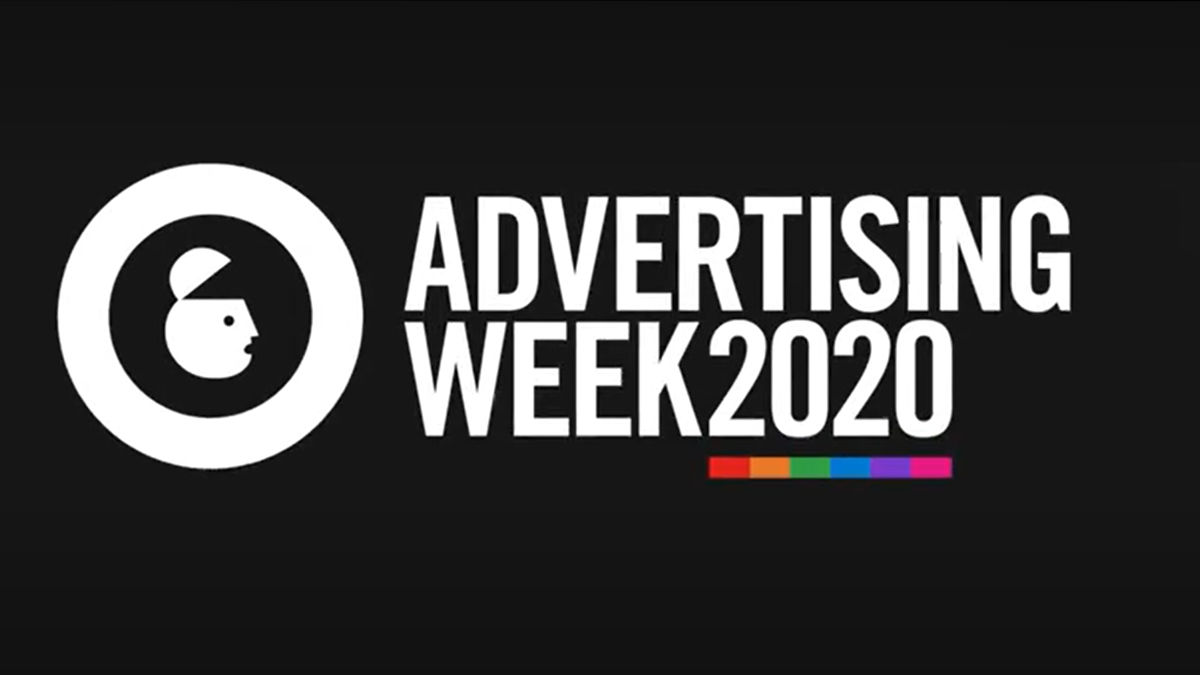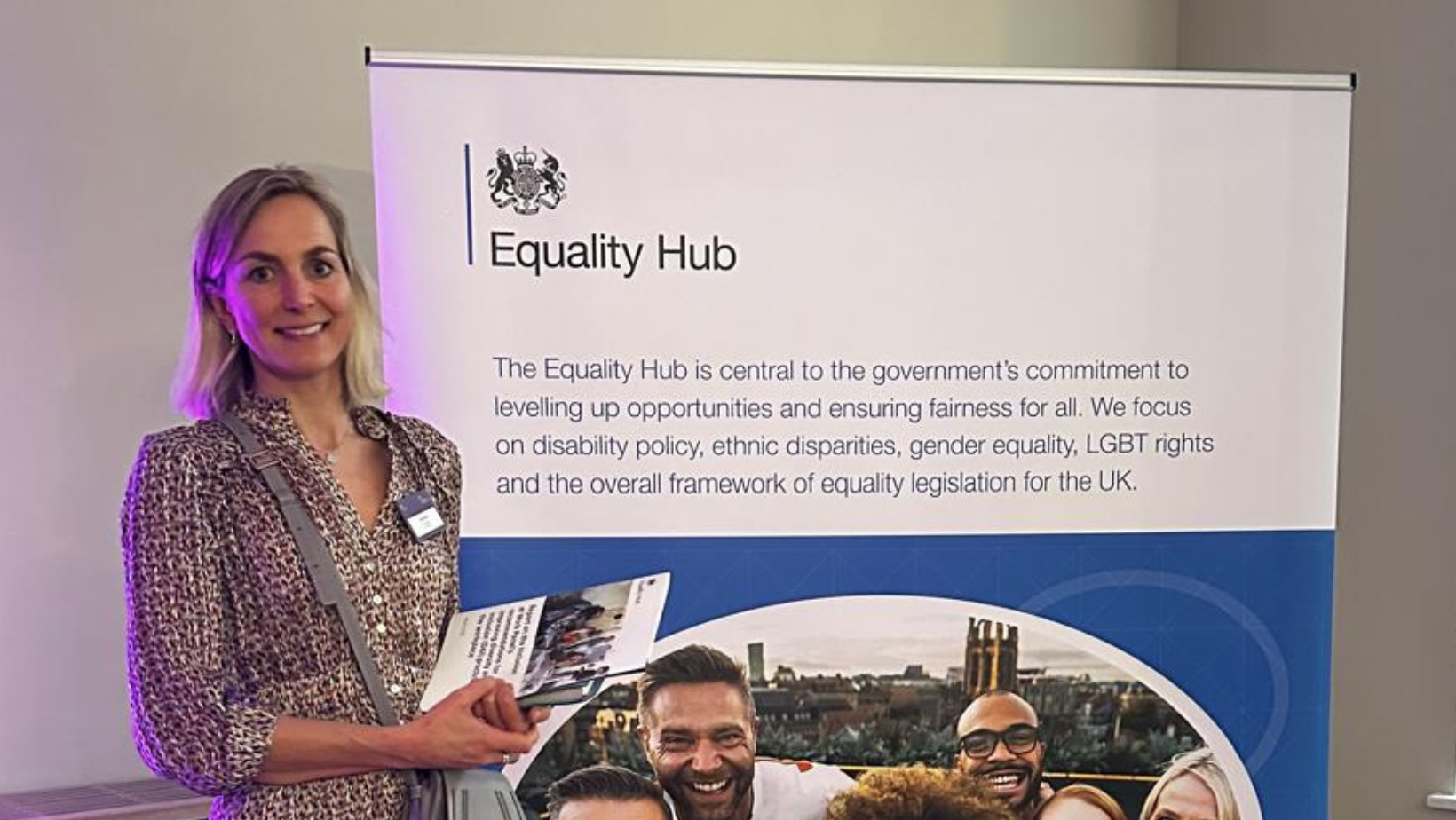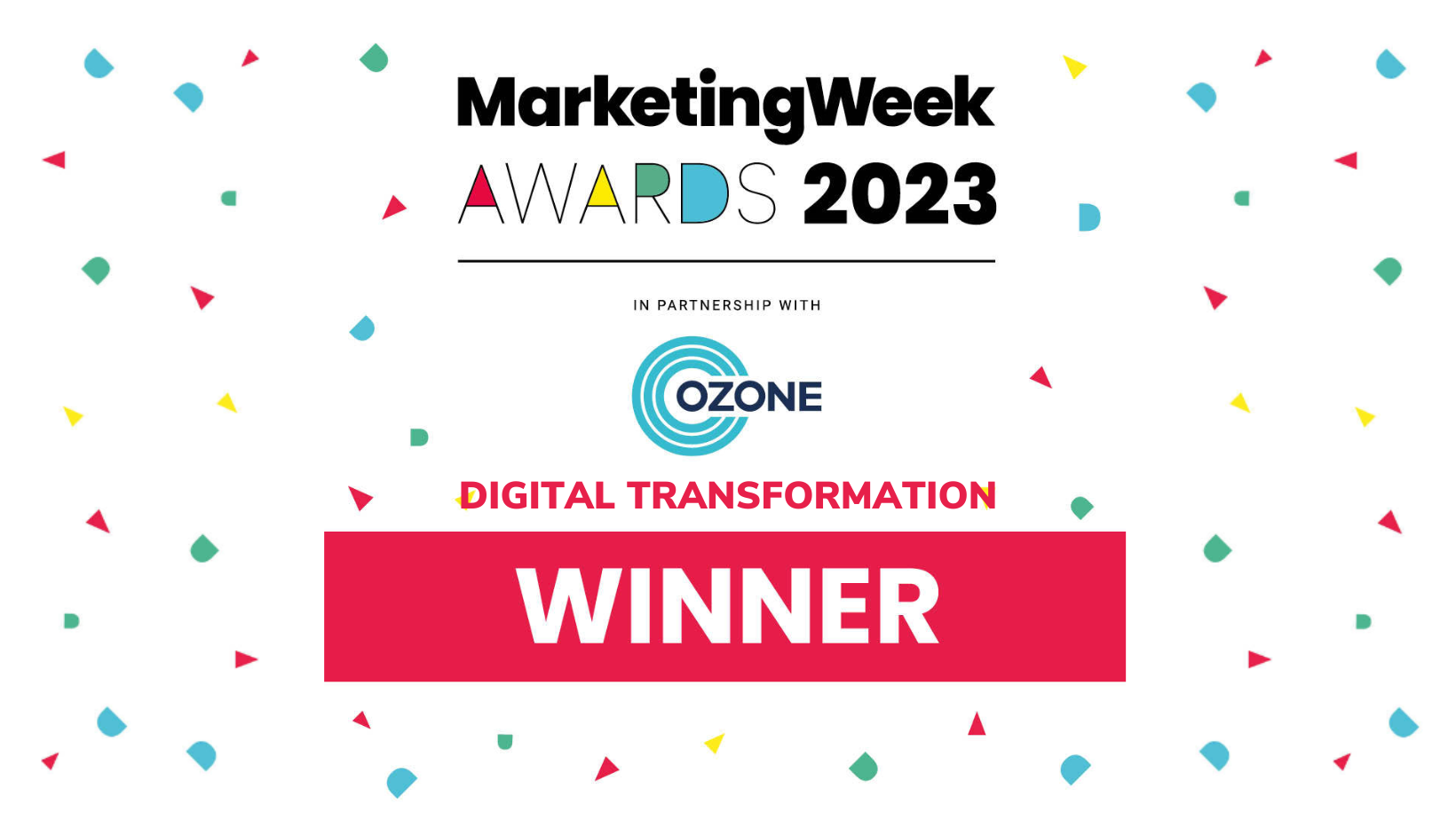Liberty Hive's Ad Week 2020 Workshop

At our workshop for AdWeek, we got together a group of panellists to talk about their experiences with freelancing. They shared their advice right through from getting started to completing an assignment. Below is a summary of their tips from the session.
1. Getting Started: Get The Finances Right!
What business structure will work best for you? Will you be a sole trader or working through a Ltd company?
Talk to an accountant to help make this decision and understand the corrosponding legal obligations. Don't be afraid to "interview" a few different accountants and shop around! Questions to ask an accountant:
- What structure will best suit your business model?
- How do you set up a Ltd company, if relevant, and register for VAT?
- What might IR35 mean for you?
- What digital accounting platforms and invoicing processes/templates are required?
- What are you tax obligations and how can you ensure that you are saving enough to pay yourself when you need to (income vs dividends)?
- What are your professional fees for VAT and end of year returns?
Think about what professional indemnity insurance you might need. Some freelance contracts will specify an amount of cover required but you should discuss with an insurance broker what might be needed.
Setting Your Rate: It's a fun challenge if you have always been paid a salary. Will you charge a day/hourly rate? Will you charge overtime? Will you ever negotiate on your rate to get new business?
Remember you will not get paid if you are sick/on holiday and you won’t get benefits like a pension, so you may want to factor all of this into your calculations. On a related note, this may be a good time to review your pension planning!
Understanding the realities of cash flow can be an eye opener. As a freelancer, you generally do not get paid at the end of a month worked; you invoice and then wait for that to be paid. This is sadly not always on time. For this reason, being clear and realistic on acceptable payment terms upfront is especially important. The government provides advice on charging interest to late payments here.
2. The Assignment: From The Beginnning Through To The End
There is generally no detailed handover time so make sure to ask lots of questions and be ready to get to the bottom of what needs to be done quickly. Whilst being prepared to get “stuck in”, be careful being asked to do things that should be the responsibility of permanent team members (e.g. conducting interviews). This can create continuity issues when you are no longer there.
Often freelance roles are expected to troubleshoot as they have an external view. So, don’t be afraid to offer your opinion even when it conflicts with the company’s current approach.
As Steve Jobs said: "it doesn't make sense to hire smart people and tell them what to do; we hire smart people so they can tell us what to do."
Do tread carefully in establishing yourself before offering an opinion.
Remember, each agency prides themselves on being different and distinctive so take time to understand their culture and values. Go beyond the work and connect with the culture. For example, if they eat in the kitchen, do so too.
Throughout your assignment, networking is important. Get to know the IT, HR, facilities, finance contacts as it is likely you will need to sort out a lot of induction items yourself. Moreover, get to know the people in the office. Those freelancers remembered and “known” will find it easier to secure future opportunities with that company.
Most companies have their own contracts, just ensure that they include what is expected of you and the project you have to complete e.g. delivery deadlines, KPI's and invoicing terms. If they don't have their own contract, get in touch as we have some examples that you can customise.
At The End Of The Project, Tie Up Loose Ends:
- Remember to remind the people who need to know that you are leaving in reasonable time before the end of the project. This sounds strange but people often forget and so it becomes essential in closing the job.
- If you cannot tie up all loose ends of the project before leaving, do create a detailed handover to avoid any future upset.
- If the project has gone well, remember it is always easier to get a testimonial when you are top of mind, rather than months later.
3. Personal Development: Don't Forget To Put Time Into Your Personal Branding
Every 6 months take time out to reflect on your personal development:
- Key projects (work and personal) that you have completed.
- How have your horizons expanded, have you grown?
- How have you built your network
- What exposure have you had for your work?
Remember to spend time supporting yourself:
- Invest in yourself with training and coaching.
- Bounce ideas off other people within your community.
- Everyone is in the same boat and are willing to share and discuss their own information and advice.
Develop a clear personal brand with P.I.E (performance, image and exposure) in mind. Clearly demonstrate your key specialist strength and be aware of your offering (e.g. are you coming in to give advice and a competitor advantage or are you coming in to help deliver work behind the scenes).
Set boundaries: It can be difficult to close your laptop and fully switch off at the end of a working day. Therefore, try to build in mental wellbeing into your everyday to-do lists. For more advice concerning your mental health as a freelancer, check out Leapers and their online resources.
Remember, it may take some time to get accustomed to change and not belonging somewhere. New companies and cultures means it will never become boring- you are constantly challenged.
4. From The Employer's Perspective: The Four C's Of Advice In Becoming Genuine Members Of Agency Teams
Commercial Context:
Understand the commercial context of the agency you're entering: is it a large, traditional agency, and you're viewed as a sink cost? Are you entering a high growth modernist agency, there to liberate the full potential of the organisation? Or are you joining a small agency, and giving the leaders of a small team the opportunity to respond to the briefs they want to do.
Cultural Context:
Take note and quickly adapt to the culture you are entering. Appreciate cultural nuances and distinctiveness of the agency fast- from the platforms the team use to interact through to the way they socialise.
Confidentiality:
Uphold confidentiality, not just with the briefs you're working on, but also with the way the agency behaves. All agencies want to feel a sense of loyalty across the team.
Contact:
When your stint at the agency ends (and if you have enjoyed it!), stay in touch. Create a sense of connection so that when the agency next looks to hire freelancers, you're a human being the agency can't wait to work with again.
5. Tech Takeaways
Coconut
The all-in-one "financial companion" for self employed people. Instant bank system with invoicing in built. Through this app, you can also track when invoice has been opened which is useful for late payments! Our members can access a three month free trial for this service, click here to find out more.
The Busy App
Set up by our very own Hiver, Arthur Tindsley, The Busy App aims to help people manage their work-life balance by using their calendar to automate their email responses. It's particularly useful for part-time staff, consultants and people who work flexibly. Find out more here.
Professionalism
Remember you are a business and reputation is everything in this game. It makes a significantly better first impression to have a specific email which reflects this. This can be created through G Suite and Office 365. Also having a professional website with someone like wix.com, squarespace or Adobe Portfolio.


